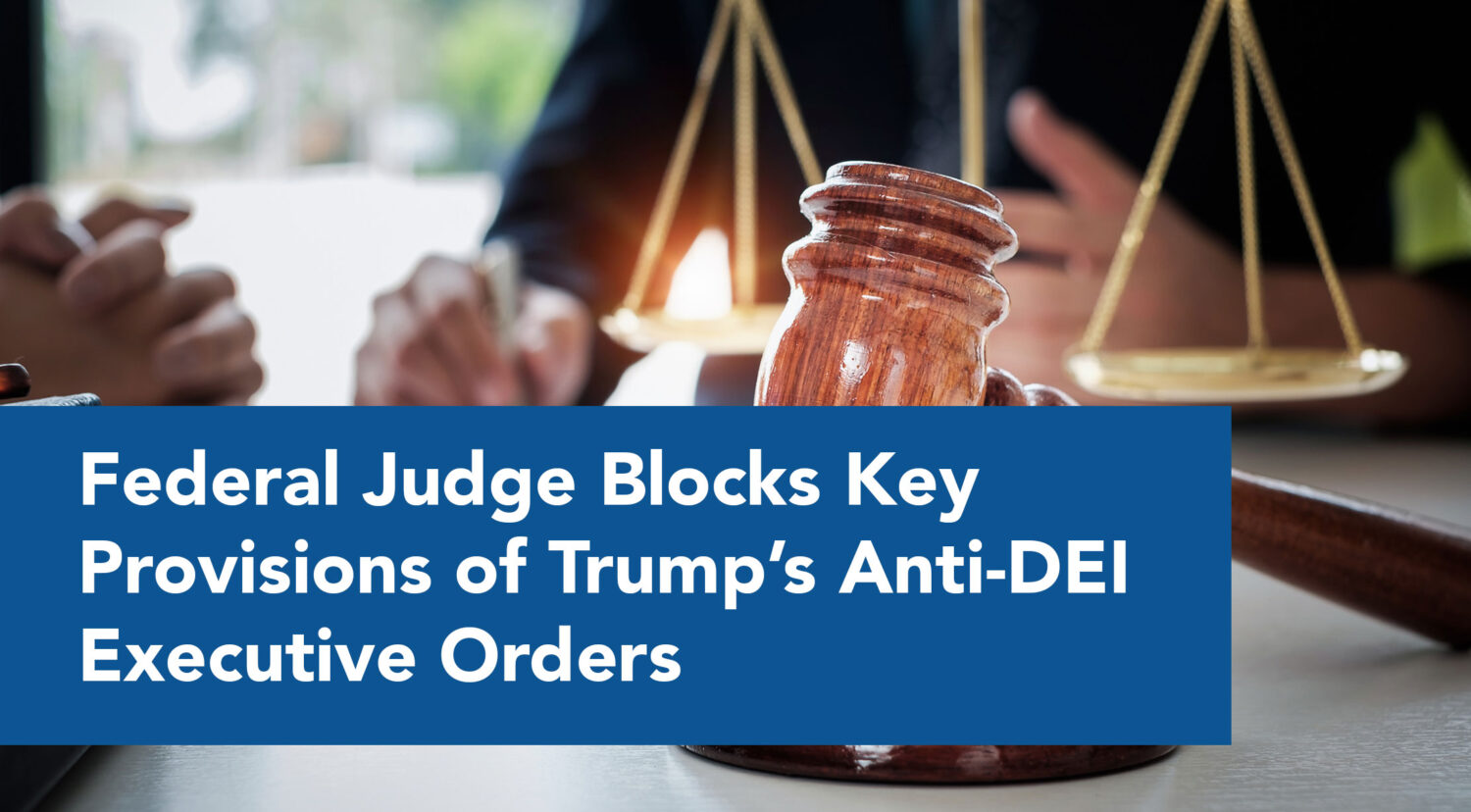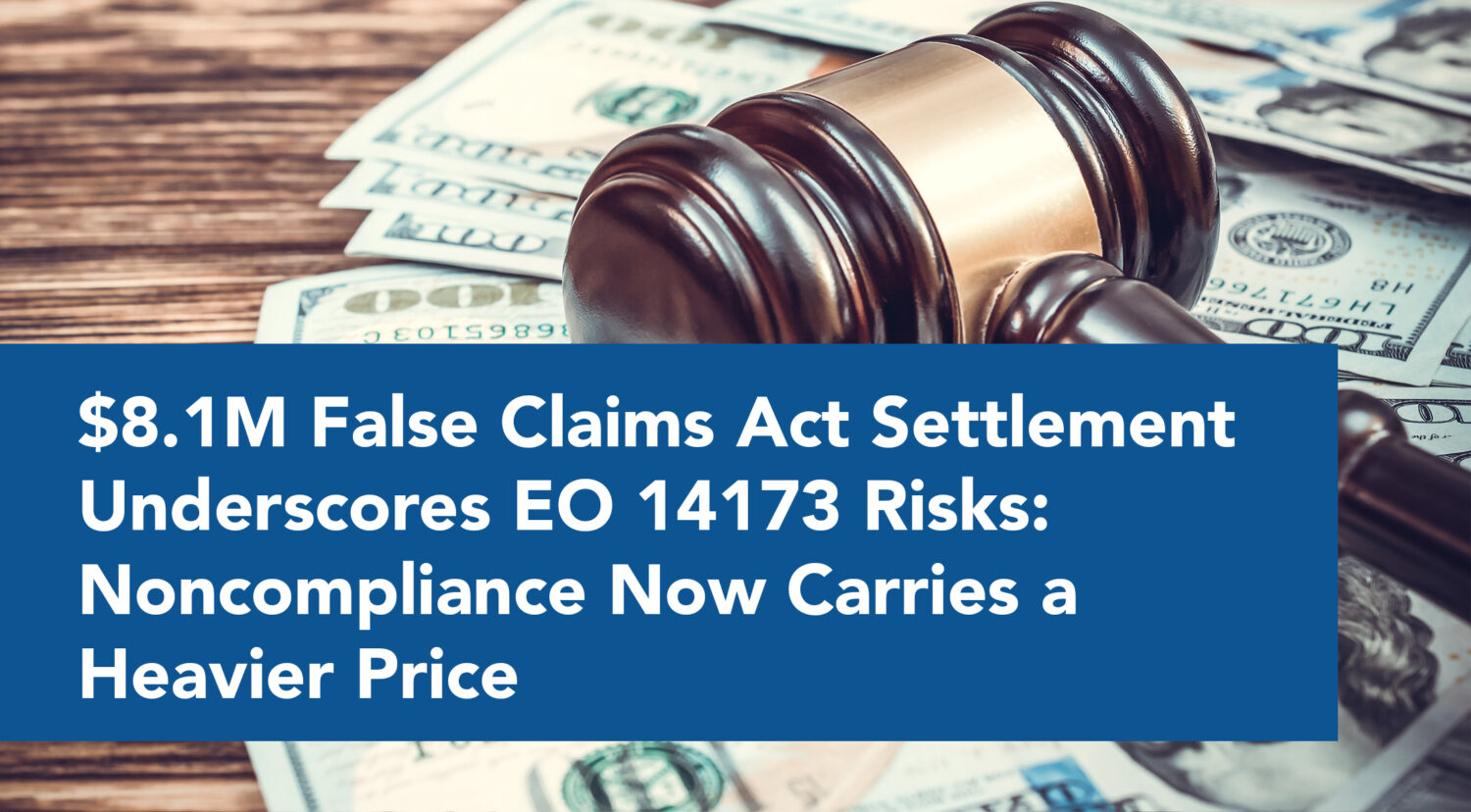

In a significant legal development, a federal judge has temporarily blocked the U.S. Department of Labor from enforcing critical parts of President Donald Trump’s executive orders aimed at restricting diversity, equity, and inclusion (DEI) initiatives among federal contractors and grant recipients. Judge Matthew Kennelly of the U.S. District Court for the Northern District of Illinois issued the ruling in response to a lawsuit filed by Chicago Women in Trades (CWIT), a nonprofit organization with a four-decade history of advancing women’s participation in skilled construction trades. CWIT argued that the Trump-era executive orders were so vague and broad that compliance was virtually impossible, threatening the organization’s mission and forcing it to curtail DEI efforts under the risk of severe financial penalties.
Background of the Executive Orders
Shortly after taking office, President Trump signed a series of executive orders directing federal agencies to terminate “equity-related” grants and contracts. A follow-up order required federal contractors and grant recipients to certify that they do not operate any programs that promote DEI in violation of federal anti-discrimination laws. This certification provision was criticized for being unclear, overly broad, and constitutionally vague, leaving contractors unsure of what activities might violate the orders. Failure to comply exposed organizations to possible False Claims Act enforcement, which carries the threat of significant financial penalties.
The Court’s Findings
Judge Kennelly’s temporary restraining order blocks the Labor Department from requiring the controversial certification or from taking punitive action against CWIT, including freezing or canceling funding. In his ruling, Kennelly found that:
- The executive orders were likely a violation of free speech rights.
- The certification provision was unconstitutionally vague, failing to provide clear standards for compliance.
- The threat of financial penalties would coerce organizations to curb or abandon lawful DEI activities out of fear.
Kennelly specifically cited an email sent by the Labor Department on March 20, instructing over 60 organizations, including CWIT, to “immediately cease all activities related to DEI”. He noted that this email and other government actions demonstrated a clear threat to the organizations’ operations and funding. The judge extended the order to all Labor Department contractors and grant recipients to prevent similar harm while the case proceeds.
The Legal and Policy Implications
The ruling marks a crucial pause in the Trump administration’s broader effort to dismantle DEI initiatives across the federal workforce and its contracting partners. It also draws attention to the growing conflict between executive mandates and constitutional protections around free speech and equal opportunity. This case is one of several lawsuits challenging Trump’s anti-DEI orders. Kennelly’s decision follows an earlier ruling in Baltimore, where an appeals court lifted a nationwide injunction, leaving contractors and grantees uncertain about how the orders would be enforced.
Looking Ahead
A hearing on CWIT’s request for a more permanent block on Trump’s anti-DEI orders is scheduled for April 10. In the meantime, Judge Kennelly’s decision ensures that organizations like CWIT can continue their vital work advancing workplace equity without fear of arbitrary penalties. The ruling reinforces a fundamental truth: Workplace equity is best advanced through transparency, data, and accountability — not coercion and ambiguity.
Need guidance on federal contractor compliance? Contact us today for expert insights and support.





